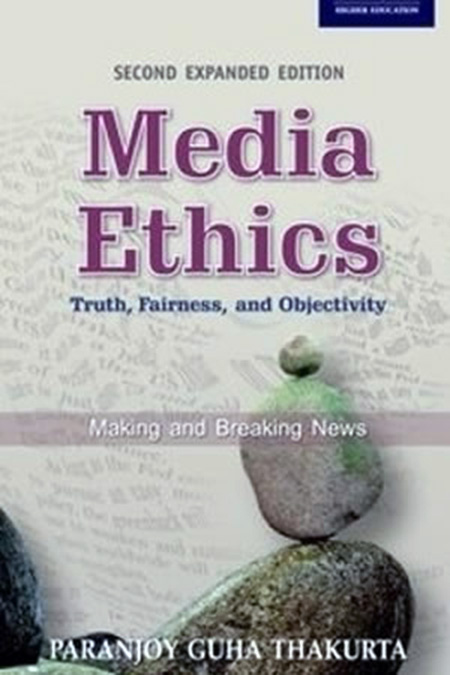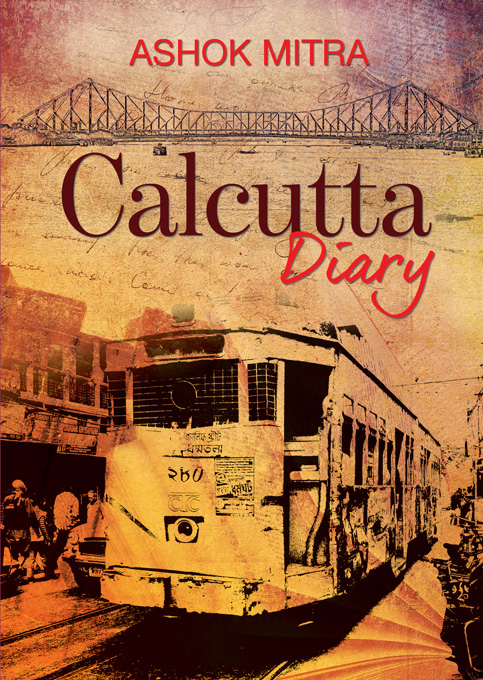When Tehelka exhibited its documentary film on cricket match-fixing in May 2000, its impact was a trifle muted as it had acted in concert with Manoj Prabhakar, also accused of financial irregularities. Few could have anticipated that nine months later, the same methods—secret video-taping of individuals—would be deployed to expose corruption in the defence services, and that too with such devastating impact on the polity. The episode not only influenced the course of Indian politics but also left an indelible mark on the country's media. It signified a watershed of sorts, the coming of age of the ends-always-justify-the-means school of journalism. Media professionals often think they are paid to be cynical. The Tehelka episode was the ultimate in cynical journalism. Even the hiring of whores was not meant to divert attention from the exalted goal of the sting operation—an exercise meant not only to unearth corruption in high places but also to bring to book those compromising the security of the nation for little more than a bottle of Blue Label whisky or a fancy gold chain.
The grainy pictures of then BJP president Bangaru Laxman stashing away wads of currency notes hurt the party like few incidents before it had. Its spurious claims of being a 'party with a difference' were thrown into the bin. What was worse for the Vajpayee government was the fallout on defence minister George Fernandes, whose companion and party president Jaya Jaitly had been caught on camera talking shop with two journalists masquerading as arms dealers and whose party's treasurer was seen and heard making a lot of tall claims about his alleged influence over important ministers.
It is not as if the Tehelka tapes made the public aware of what was unknown till then. Far from it. No earth-shaking secrets were revealed. The ordinary citizen is perfectly aware that corruption pervades all walks of life in India.
And he or she does not expect the Raksha Mantralaya under the stewardship of our one-time fire-breathing socialist leader to be a notable exception to the rule. (Subsequent CAG findings confirmed the people's worst suspicions.) However, what did shock many was the utterly brazen manner in which the two Tehelka journalists—trying to hawk a non-existent prod—could be asked to grease the palms of so many politicians, bureaucrats and uniformed pillars of the defence establishment.
Laxman, who was catapulted to the BJP top post by the PM due to his Dalit origins, was merely doing what so many Indian politicians before him had done for at least half a century, probably longer. Who in politics does not claim he raises funds for his party? Laxman's greatest fault was that he was caught red-handed. Fernandes, on the other hand, knew the prime minister needed him more than he needed the prime minister. Not only was he a faithful messenger between the PMO and the BJP's allies, left to himself, he could create quite a few headaches for his saffron-hued friends. Witness, for instance, what happened in Manipur.
The government knew very well that by appointing a commission of inquiry headed by retired judge K. Venkataswamy, it would merely be buying time. It is hardly a surprise that the term of the commission has had to be extended twice already. By re-inducting Fernandes as defence minister before he was given a clean chit by the inquiry commission, the PM wasn't merely exercising his prerogative. He was taking a calculated political risk but which, in the end, helped unite a fractured opposition.
As for Tehelka, instead of directly attacking the website's editor Tarun Tejpal and his associates, the government chose a disingenuous way to shoot the messenger. Various wings of the ministry of finance let loose the dogs of war against First Global promoters Shankar Sharma and Devina Mehra who had picked up a 14.5 per cent stake in Buffalo Networks, the company that owns Tehelka. The blatant manner in which Sharma and Mehra have been hounded is reminiscent of the way in which Indira Gandhi's government harassed political opponents during the Emergency. It also shows how the likes of Arun Shourie and Arun Jaitley don't learn from the mistakes of the past.
The big question now is whether the Tehelka episode will actually cleanse the political system even a wee bit. Tejpal may have become famous (though not that rich), Laxman may remain in the doghouse for a while and Fernandes' credibility may have been irreparably damaged. But will the corrupt now think twice before accepting bribes for fear that they may be secretly photographed? Unfortunately, it seems unlikely. Journalists want to believe they are crusaders against corruption, even if most of them have neither the intention nor the means to surreptitiously record conversations or engage commercial sex workers. Nevertheless, a vigilant media is important for democracy and for a society that believes in the virtues of transparency—which in turn leads to greater accountability of those in positions of power.
Tehelka may yet survive the end of the dotcom boom. Or have I become an incorrigible optimist? Will Tejpal, Sharma, Mehra and company survive the Vajpayee government? Hopefully, yes. There is certainly a need for the media to be fearless and to refuse to be intimidated by the rich and the powerful. To that extent, Tejpal and his associates in Tehelka can take more than cold comfort from the fact that all his former employers had no choice but to take note of his endeavours. But if he thought he could cleanse the system of some of its muck while taking on the might of the establishment, he was just being romantic or worse, foolhardy. But that's no reason to put him down.


